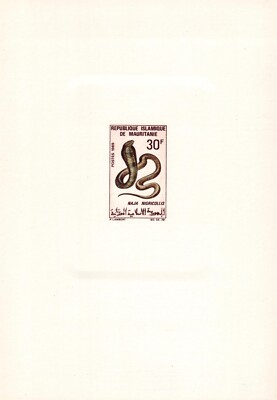Discovering Mauritania: A Nation of Rich Heritage

Introduction
Mauritania, a vast country located in Northwest Africa, is often overshadowed by its more famous neighbours. However, its unique blend of culture, history, and geography makes it an essential destination for those seeking to explore the lesser-known corners of the African continent. With a population of approximately 4.5 million people and a landmass largely covered by the Sahara Desert, Mauritania holds significant cultural richness and a diverse range of natural landscapes.
Geography and Demographics
Mauritania covers an area of over 1 million square kilometres, making it the 11th largest country in Africa. The capital city, Nouakchott, is situated on the Atlantic coast and serves as the main hub for commerce and governance. The country is predominantly desert, but it also features fertile areas along the Senegal River and the coastal regions, which are vital for agriculture and fishing. The demographic composition includes various ethnic groups such as Arab-Berbers, Sub-Saharan Africans, and others, resulting in a rich cultural tapestry.
Cultural Heritage
The cultural landscape of Mauritania is fascinating and diverse. The country is home to one of the oldest traditional practices of music and storytelling in West Africa. The “Griots” or traditional musicians and historians play a significant role in the preservation of oral history, imparting moral lessons through their songs and performances. Mauritania also hosts significant Islamic heritage, with numerous mosques and historical sites reflecting centuries of Islamic influence. The annual “Chinguetti Festival” celebrates this musical heritage, drawing visitors to its ancient sites and showcasing traditional performances.
Economy and Challenges
The Mauritanian economy primarily relies on mining, agriculture, and fishing. Iron ore mining is one of the most vital sectors, contributing significantly to the nation’s GDP. However, despite its wealth of natural resources, the country faces challenges including poverty, high unemployment rates, and underdevelopment in infrastructure. Efforts are being made to improve economic conditions through investment in education and sustainable practices, aiming for a more diversified economy.
Conclusion
Mauritania’s rich culture, diverse geography, and unique heritage signify its potential as an emerging destination for tourism, trade, and cultural exchange. As the country strives to overcome its economic challenges, it remains a vital part of the African continent’s history and future. For those interested in exploring new cultures, Mauritania offers an intriguing glimpse into a less-travelled world that is both beautiful and complex. The future looks promising for Mauritania, as it continues to open its doors to international perspectives and embraces its rich heritage.







